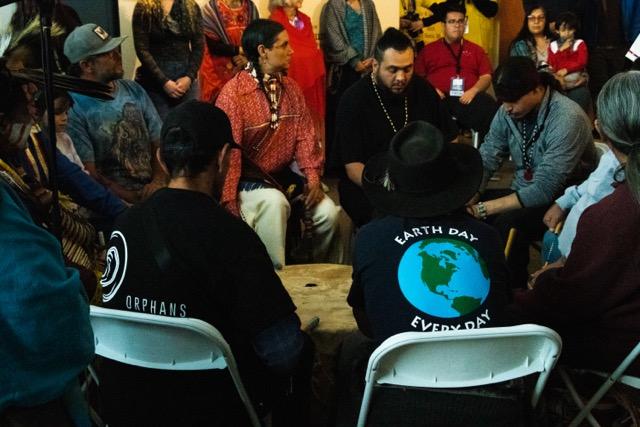
Tax season and college tend to have three things in common: crowded desks filled with papers, sleepless nights and stress.
For a college student, filing taxes the first time is often very stressful.
“I had no idea how to do it. During the summer after I graduated for college, I went through a seminar at CSU-P. I can’t exactly remember what the seminar was for, but there was a workshop that focused on how to file your taxes,” said Ariel Payne, a junior mathematics major at CSU-Pueblo.
Payne has been filing her taxes without being claimed by parents or guardians for three years now.
David Giordano, a freshman computer information systems major at the university is still claimed by his mother on her taxes, but files them himself.
“The hardest part of filing my own taxes when I started was knowing how to look up all the directions for different forms,” he said.
Both Payne and Giordano explained that filing taxes was a “learn as you go” process.
Although the CSU-Pueblo financial aid office does not offer tax filing assistance, the TRiO department on campus does.
TRiO is a program that is federally funded and provides assistance to low-income families or to those who are first generation college students. There is a process to determine if a student qualifies for TRiO services, but according to Veronica Chavez, assistant director of TRiO, a majority of CSU-Pueblo students do qualify.
“We highly recommend that all students make an appointment to meet with us,” she said. “If the student does not qualify for our program, we will not turn them away. We will still guide them and refer them to the appropriate office or agency for assistance.”
TRiO offers both federal and Colorado state tax preparation services for free to those who qualify for TRiO services.
“We’ve assisted 45 students and parents this year. We’re the best kept secret. We would like to expand our program next year to serve more students,” Chavez said.
The most common challenge in assisting students with tax returns is finding the required paperwork needed to complete it, Chavez explained.
“As a student, they should be keeping all receipts when they purchase required textbooks and supplies throughout the year. Most students don’t have this information and they could be missing out on tax credits,” she said.
Students who are not members of the TRiO program, like Payne and Giordano, wish the university provided more resources to them for assistance with taxes.
“I think they should offer discounts on commercial filing systems or refer students to reliable tax professionals. They should also have a mini seminar like the one I attended to help students with any tax questions they have,” Payne said.
Giordano said that a benefit of filing his own taxes is that there are no additional expenses, but “it would be nice if the university would provide help for students filing your own taxes.”
Chavez explained there are services to help students outside of the university like the free E-file service the Internal Revenue Service provides in addition to the Volunteer Income Tax Assistance that will complete tax returns for free if an individual meets the income guidelines.
“The most rewarding part of assisting students with their tax returns is seeing that huge smile on their face when they receive a tax refund,” Chavez said.
The TRiO center will be offering assistance with tax returns until October 2016 for those who do not owe taxes and are eligible for a refund that do not have to file by the deadline date.
“If a student does not know whether or not they should file, we would be glad to help them determine if they should,” she said.









